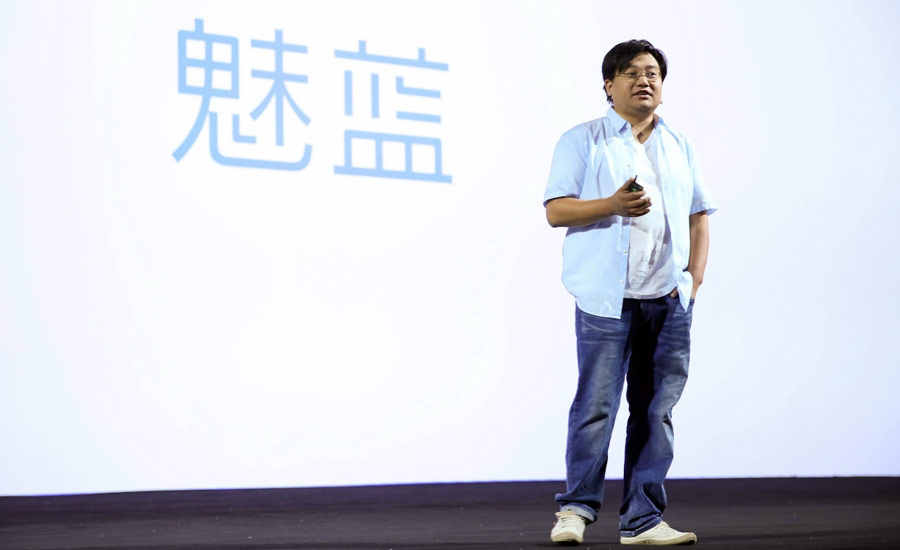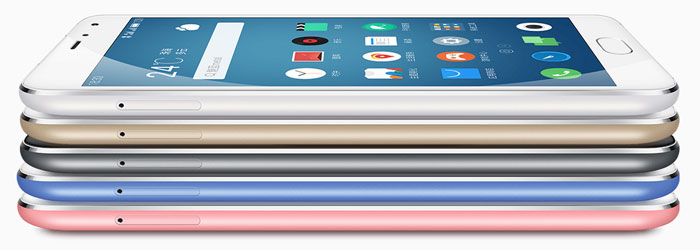
Last week, Donald Trump officially extended for another year the trade sanctions against Huawei, which were imposed on charges of espionage in favor of the Chinese government (along with ZTE).
The duration of the sanctions is until May 2021. The Chinese manufacturer of hardware and telecommunications equipment is not allowed to sell to its American partners. With this, Huawei is practically deprived of participation in the construction of fifth generation (5G) networks in the United States.
The sanctions also hit the inability to maintain business relations with US IT giants. Huawei’s new smartphones now come without the availability and without the possibility of subsequent installation of Google Mobile Services (GMS), which includes popular Google applications. And this is important for global consumers. Thus, the company suffered another blow, which makes it uncompetitive in markets outside China.
For Chinese users, the lack of Google Services is not a loss. However, in order not to lose the global market, Huawei has developed an alternative to GMS – Huawei Mobile Services (HMS). They also developed their own app store, App Gallery, to replace the Play store.
However, the sanctions imposed so far are clearly not enough for Trump, and these days he has struck another blow against the Chinese giant by banning companies that use American technology in the production of their products to sell to Huawei. This includes the leading semiconductor manufacturer TSMC (Taiwan Semiconductor Manufacturing Company), which produces HiSilicon Kirin chips (HiSilicon is a subsidiary of Huawei), as well as those for Qualcomm and Apple.
For now, Trump is at the forefront of Huawei and ZTE. But it is far from certain that such a fate will not befall other Chinese producers. As the saying goes: If the bear plays with the neighbors, it will come to us as well.
On this occasion, the former vice president of Meizu and president of the now closed subbrand Meilan, Li Nan, wrote in his Weibo profile that despite globalization and free trade, Chinese manufacturers must learn from the situation with Huawei and think about their independence.
Li Nan gave Meizu as an example. It is now believed that in order for the company’s smartphones to be successful, it must cooperate with Qualcomm. Until a few years ago, Meizu was in conflict with Qualcomm over patent rights and did not put their processors in its phones. Even the strongest years for the company were when it used chips mainly from the Taiwanese manufacturer MediaTek or Samsung’s Exynos.

Li Nan also mentioned the Meilan Metal smartphone, which proved that it can achieve great success without using the services of Google and Qualcomm products. In early 2015, Meizu Technology became a partner of Alibaba Group and received an investment of $590 million. Then began the development of the AOSP-based operating system Ali YunOS. Millions of units were sold by Meilan Metal, and it was equipped with MediaTek MT6795 Helio X10 and Alibaba’s operating system wrapped in Flyme 5.
 FAN CLUB BULGARIA
FAN CLUB BULGARIA lipro won the German iF Design Award 2024
lipro won the German iF Design Award 2024 Meizu 20 INFINITY was honored with the International CMF Design Gold Award 2023
Meizu 20 INFINITY was honored with the International CMF Design Gold Award 2023 21st anniversary of Meizu
21st anniversary of Meizu